If your loved one just passed away, a question often asked is where do I file their will? Or, if there is no will, how do I start probate in Florida to get Letters of Administration?
The first thing to understand is making sure you are filing the case in the proper venue. Venue is the locality of a lawsuit and is typically chosen based on the subject matter of the case or where the defendant resides. In matters of probate administration, Florida Statute Section 733.301 lays out the 3 options for venue. The first two are the most common.
Your first option, and the most common, for filing a will or starting probate is to file in the county in Florida where the decedent lived at the time of their death (F.S. §733.101(1)). This is the only option if the person who died was a Florida resident.
The next option is if the person who died did not live in Florida but owned real estate in this state. In that scenario, venue is proper in any county where the decedent owned real property. For example, if a decedent lived in New Hampshire and owned vacant land in Fort Lauderdale but also owned a vacation home in Orlando, venue would be proper as a non-resident in either Broward County or Orange County, Florida.
Venue is important to understand because the Florida Statutes state that a will is ineffective until admitted to probate. The best way to make sure that the probate administration process is handled correctly is to consult with an experienced Florida probate attorney.
If your loved one died and lived in Florida or owned property in Florida and you need help opening an estate, Rogers Law can help with your probate needs. Please feel free to contact attorney Dena Rogers for an initial consultation.
